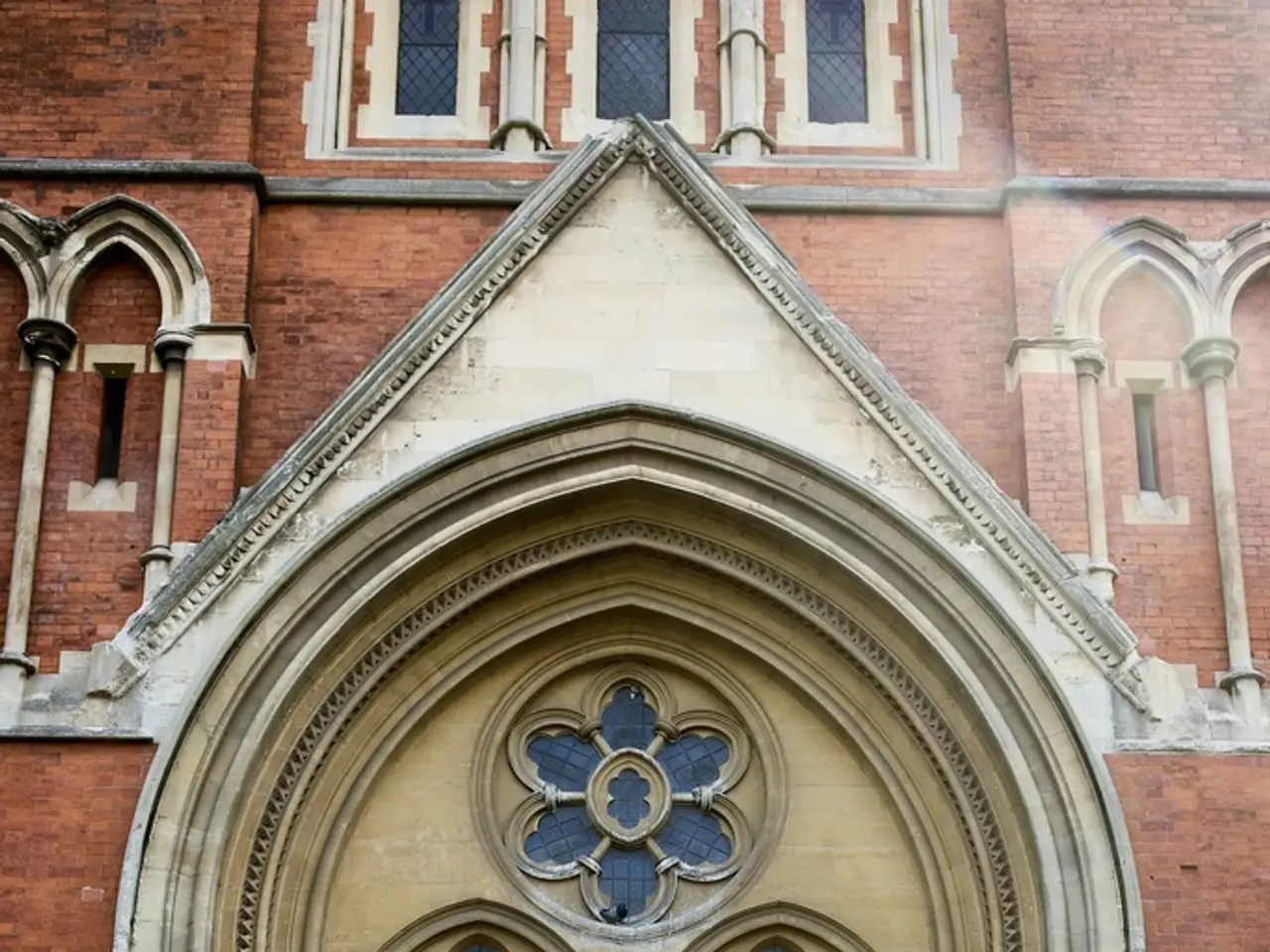Legal Dispute Over Asylum Seeker Accommodation at The Bell Hotel in Epping Escalates to High Court
In a landmark decision, the High Court has ruled that the use of a hotel to house asylum seekers in the UK can violate local planning regulations. The ruling, which concerns The Bell Hotel in Epping, Essex, grants a temporary injunction against the hotel's use for asylum accommodation and requires all residents to vacate by a specified date [1].
The judgment underscores the importance of planning permission or compliance with local land-use policies when using hotels for asylum seekers. Local councils now have the legal right to challenge the government's placement of asylum seekers in hotels that do not have appropriate planning consent [1]. This ruling could have far-reaching implications, with other councils considering similar legal challenges, potentially restricting the government's options for housing asylum seekers in hotels.
Hotels are classified by the Home Office as "contingency accommodation," reflecting their temporary and exceptional use when permanent dispersal housing is unavailable [2]. However, the use of hotels for asylum seekers raises not only legal but also policy and ethical concerns. These include inadequate living conditions, safeguarding risks, higher costs compared to permanent asylum accommodation, local community disruption, and protests.
The legal implications of this case hinge on the requirement for appropriate planning permissions for residential use of hotels. Failure to obtain such permissions can lead to injunctions preventing the housing of asylum seekers in these hotels. This legal risk affects government housing strategies and prompts local authorities to enforce planning regulations to control the impact on their areas [1][2].
The case of The Bell Hotel is not isolated. More than 50,000 migrants have crossed the Channel in small boats since July 2021 [3]. Epping Forest District Council is seeking an interim injunction against The Bell Hotel to prevent it from being used as migrant accommodation, arguing that it is causing "a feeding ground for unrest" and "great anxiety" to local people [3].
The hearing is ongoing at the High Court in London, with Mr. Justice Eyre due to deliver his decision on Tuesday [3]. Protests have taken place outside The Bell Hotel after two men staying there were charged with sexual offences in separate incidents [3]. The Home Office has a statutory duty to provide temporary emergency accommodation for asylum seekers, and the case could have repercussions for councils across the country where asylum seekers are housed in hotels.
Barristers for Somani Hotels, the owners of The Bell Hotel, argue that an injunction would cause asylum seekers hardship and set a dangerous precedent that protests justify planning injunctions [3]. They believe that the hotel, despite its temporary use as asylum accommodation, still serves its primary purpose as a hotel for the majority of its guests [3].
In conclusion, the legal battle over The Bell Hotel serves as a cautionary tale for the UK government and local authorities. Ensuring compliance with planning laws is crucial when housing asylum seekers in hotels, and failure to do so can result in legal challenges and community disruption. The outcome of this case will likely shape future housing strategies for asylum seekers in the UK.
References: [1] BBC News. (2023, March 13). The Bell Hotel: High Court rules asylum seekers cannot stay. Retrieved from https://www.bbc.co.uk/news/uk-england-essex-64886594 [2] The Guardian. (2023, March 13). The Bell Hotel: High Court ruling on use of hotel as asylum accommodation. Retrieved from https://www.theguardian.com/uk-news/2023/mar/13/the-bell-hotel-high-court-ruling-on-use-of-hotel-as-asylum-accommodation [3] Sky News. (2023, March 13). The Bell Hotel: High Court hears case over use as asylum accommodation. Retrieved from https://news.sky.com/story/the-bell-hotel-high-court-hears-case-over-use-as-asylum-accommodation-12650482
- The ruling at The Bell Hotel highlights the intersection of war, politics, and general news, as it sheds light on the controversial use of hotels to house asylum seekers, leading to local disputes and potential legal challenges.
- The ongoing legal battle over The Bell Hotel arguably demonstrates the complexities of balancing policy, ethics, and planning regulations in war-torn regions and countries, as the case may set a precedent for future housing strategies for asylum seekers.




